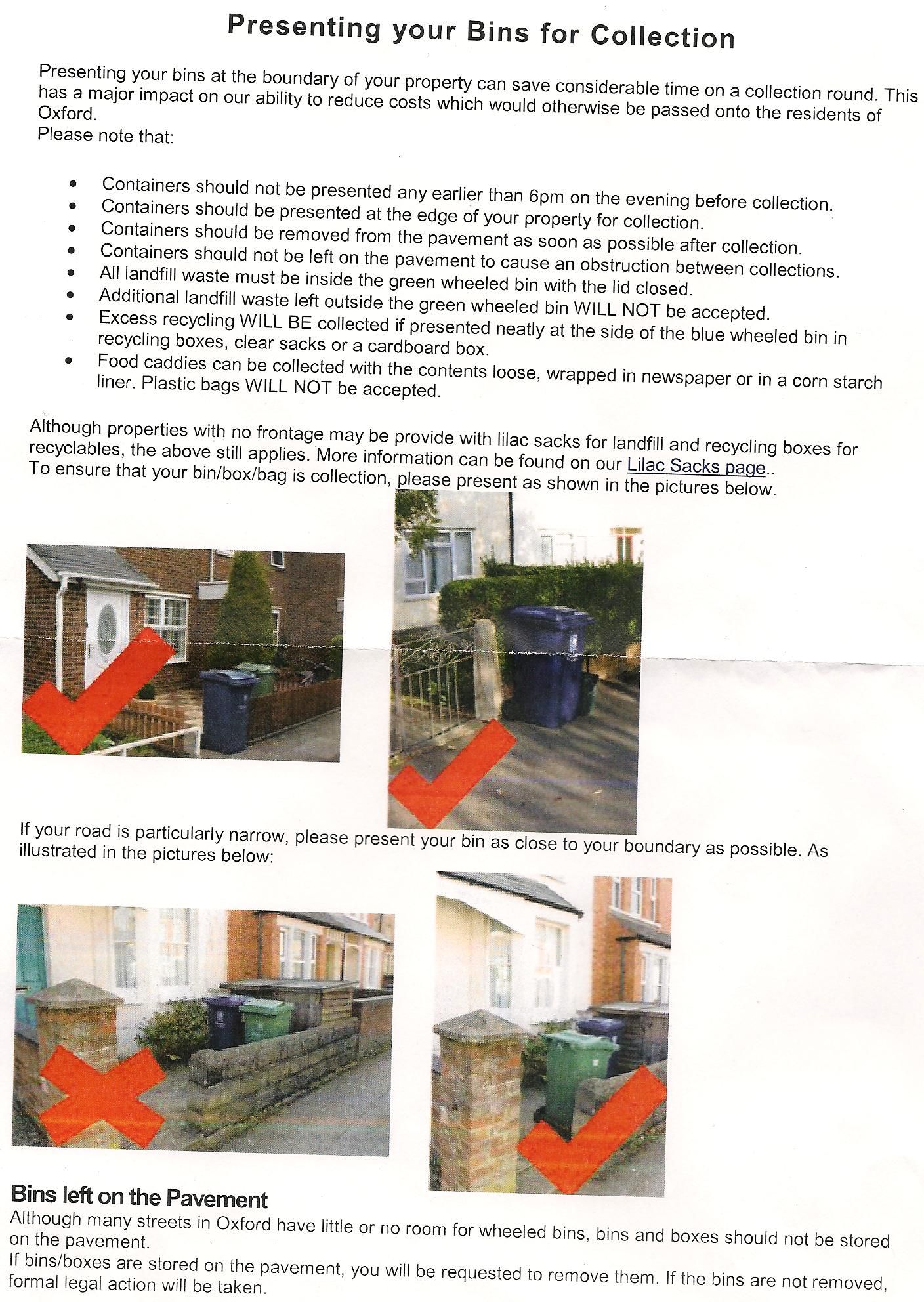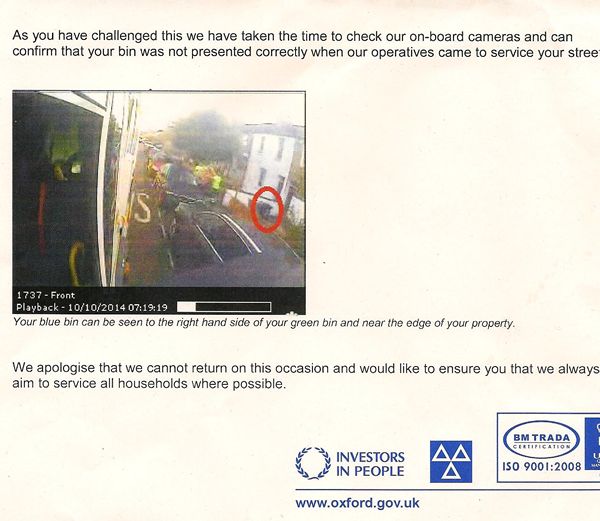 Google is finding itself a little short on intelligence and has been seen snuffling around near the Oxford headquarters of TechEye.
Google is finding itself a little short on intelligence and has been seen snuffling around near the Oxford headquarters of TechEye.
When cornered, near one of the wheelie bins at the back of public house the Kite, a Google staffer explained that the search engine was expanding its artificial intelligence initiative. Apparently, they are hiring more than half a dozen leading academics and experts in the field and announcing a partnership with Oxford University to “accelerate” its efforts.
Apparently, Google will make a “substantial contribution” to establish a research partnership with Oxford’s computer science and engineering departments, and Oxford will return the favour by holding one of its famous dinners.
Google did not provide any financial details about the partnership, saying only in a post on its blog that it will include a program of student internships and a series of joint lectures and workshops “to share knowledge and expertise.”
Google is building up its artificial intelligence capabilities as it strives to maintain its dominance in the Internet search market and to develop new products such as robotics and self-driving cars. In January Google acquired artificial intelligence company Deep Mind for $400 million according to media reports.
The Oxford boffins will be joining Google’s Deep Mind team, including three artificial intelligence experts whose work has focused on improving computer visual recognition systems. Among that team is Oxford Professor Andrew Zisserman, a three-time winner of the Marr Prize for computer vision.
The four founders of Dark Blue Labs will also be joining Google where they will be will be leading efforts to help machines “better understand what users are saying to them.”
Google said that three of the professors will hold joint appointments at Oxford, continuing to work part time at the university.




















